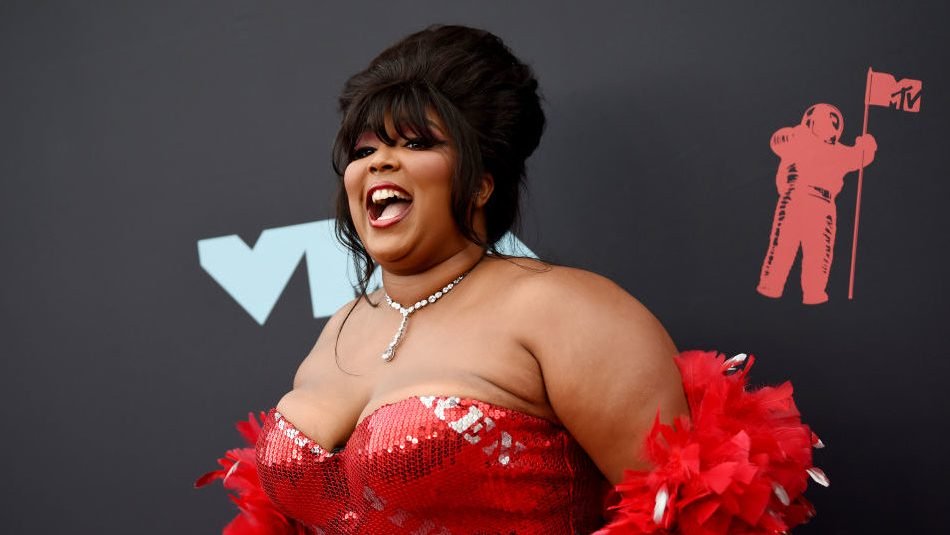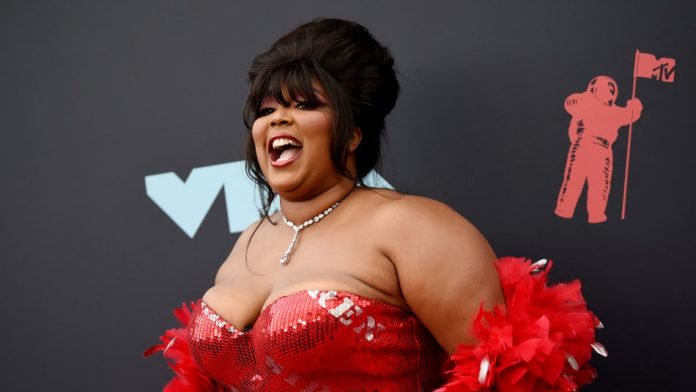[ad_1]
Lizzo is not taking allegations about her hit “Truth Hurts” lying down.
Last week, Justin Raisen posted a video on Instagram calling out the singer and insisting she plagiarized a song he wrote during a writing session in 2017 called “Healthy.” He also compared the tunes, which have similar rifts and starts out with the same line, “I just took a DNA test, turns out I’m 100% that b*tch.”
“We were never contacted about being credited for the use of the parts of “Healthy” (melody, lyrics, and chords) that appear in “Truth Hurts”. After reaching out to Ricky Reed and Lizzo’s team about fixing it, we put the song in dispute in 2017 when it came out,” he says in the video. “We’ve tried to sort this out quietly for the last two years, only asking for 5% each but were shut down every time.”
The superstar whose song has been at the No.1 spot for seven weeks is asking a judge to declare that the three songwriters do not have any rights to the song they claim she stole from them.
Music producer claims he wrote Lizzo’s “Truth Hurts,” and wants credit
Lizzo took to social media to explain the situation to fans along with the caption, “Truth Hurts… but the truth shall set you free…”
“There was no one in the room when I wrote ‘Truth Hurts,’ except me, Ricky Reed, and my tears. That song is my life, and its words are my truth,” she said.
Her lengthy statement explains that “Truth Hurts” was inspired by a popular meme in 2017 that was inspired by a Twitter post by singer Mina Lioness that read, “I did a DNA test and found out I’m 100% that bitch.”
Now, Lizzo has added Lioness as a credit co-writer on the successful song.
Lizzo’s attorney, Cynthia Arato, confirmed to Pitchfork that she has filed a lawsuit on the singer’s behalf.
“Today we filed a lawsuit on Lizzo’s behalf to establish, in a court of law, that the Raisens are not writers of ”Truth Hurts” and have no right to profit from the song’s success. The Raisens did not collaborate with Lizzo or anyone else to create the song, and they did not help write any of the material that they now seek to profit from, which is why they expressly renounced any claim to the work, in writing, months ago, as the lawsuit makes abundantly clear. Although it is all too commonplace for successful artists to be subjected to these type of opportunistic claims, it is nevertheless disappointing that Lizzo had to take this step to put an end to the Raisens’ false claims and their campaign of harassment.”
[ad_2]
Source link


